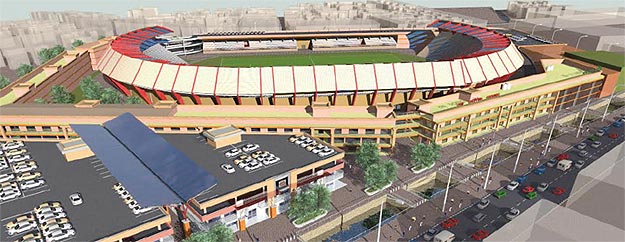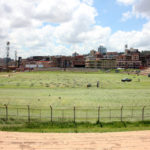The government of Uganda plans to amend the Nakivubo War Memorial Stadium Trust Act, 1953 in a bid to allow its redevelopment to required standards, officials say.
The main objectives of amending the Nakivubo War Memorial Stadium Trust Act as stated by Cabinet, 1953 include; strengthen the legal framework for re-development and upgrading the Stadium to meet the required modern and Global Standards, prohibit the Board from selling, leasing, disposing of or otherwise dealing in the scheduled (Trust) property or any part thereof (of it) as stated in the current Act and provide for robust and proactive stadium management by providing for and guaranteeing good Corporate Governance Principles.
The stadium that was initially established in 1926, was improved and modernised in 1954 by the British colonial government to commemorate the lives of Ugandans killed during the Second World War following the passage of the “Nakivubo War Memorial Act” by the Parliament of Uganda.
In early 2013, the stadium was closed by the Uganda Revenue Authority for a period of about one month, over “accumulated debts.” It was re-opened after payment arrangements had been agreed upon.
The stadium was also shut down in May 2011, but re-opened after only a week after payment plans were negotiated.
The stadium was reopened and hosted the third round, second leg of the CAF U-17 Championship, a game between Uganda and Zambia, on 27 September 2014.
In 2017, major renovations began at the stadium, involving improvement to the grounds, increasing seating from 30,000 to 35,000 and the construction of retail shops inside the outside walls of the facility.
The renovations are a joint venture between the government of Uganda and Ham Enterprises, a local enterprise, headed by Ham Kiggundu.
ROKO Construction are carrying out the work, began in June 2017 and expected to conclude in 2019, at an estimated cost of US$49 million. SC Villa and Police SC moved their games as a result of the renovation.








